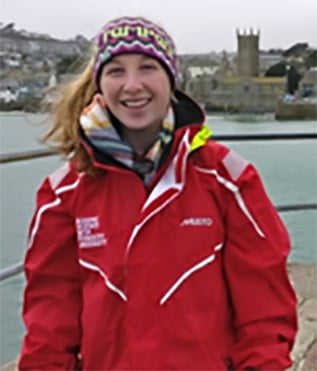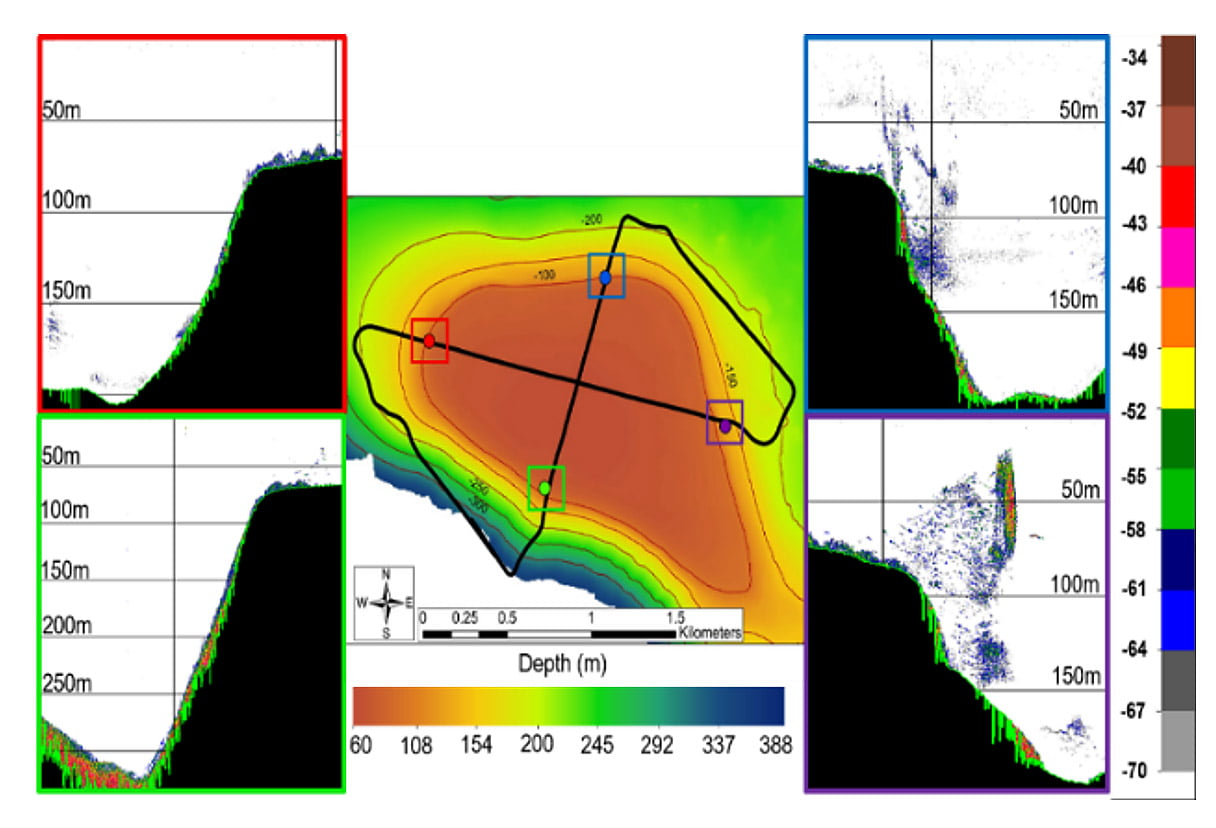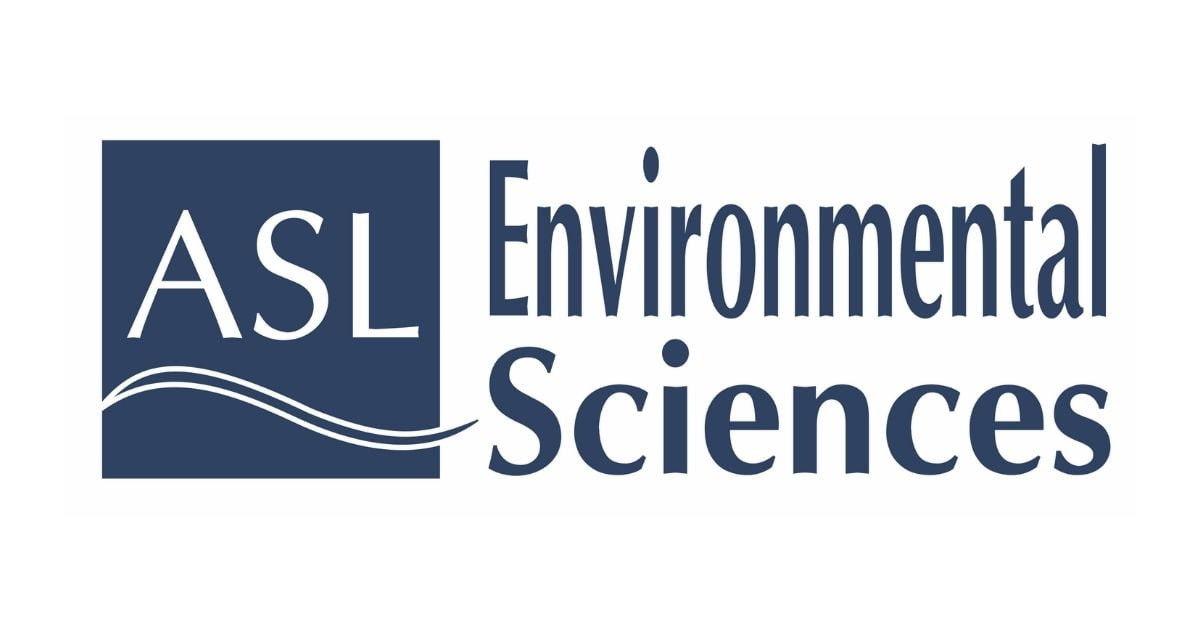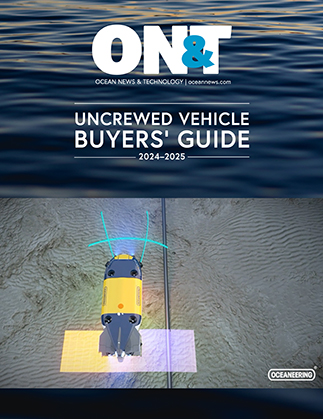 Dannielle Eager
Dannielle Eager
Dannielle’s research will focus on the influence of dynamic seamount oceanography on pelagic biota in the tropical Indian Ocean, with support from the Garfield Weston Foundation, Bertarelli Foundation and the University of the Highlands and Islands. In contrast to surrounding waters, seamounts support high biodiversity and high predator–prey interactions which are driven by oceanographic processes. These energetic processes, which have recently been identified as turbulent internal waves, aggregate zooplankton over seamount summits, sustaining an abundant schooling fish community which is preyed on by sharks. While oceanographic measurements enable the identification of the prevailing oceanographic regime, the AZFP will provide the critical “missing link” whereby we could relate the incidence of internal waves to the schooling of fish and their predation through single target detections.
 The spatial distribution of biota over Sandes seamount from a research cruise in November 2019 showing multibeam bathymetry (centre) with the ES70 transect and 38 kHz ES70 mean volume backscattering strength (dB re 1 m-1) echograms of biota over the northwest (red), southwest (green), northeast (blue) and southeast (purple) flanks.
The spatial distribution of biota over Sandes seamount from a research cruise in November 2019 showing multibeam bathymetry (centre) with the ES70 transect and 38 kHz ES70 mean volume backscattering strength (dB re 1 m-1) echograms of biota over the northwest (red), southwest (green), northeast (blue) and southeast (purple) flanks.
The awarded AZFP (38/125/200/455 kHz) will be incorporated into an intensive fine scale multi-disciplinary survey being carried out over a four-week period in March 2021 at a seamount where large aggregations of biota have previously been identified. A full complement of moored and vessel-mounted instruments such as ADCPs, thermistor strings and fisheries echosounders will be used to define the fine-scale energetic oceanographic and biological processes with coincident in situ plankton sampling and towed cameras for fish and shark validation. The ultimate aim of the project is to link the oceanographic processes to the aggregation of zooplankton, fish schooling and predatory behavior of sharks with the AZFP as it measures the high spatial and temporal resolution of acoustic backscatter throughout the water column.
For additional information, please click here.

